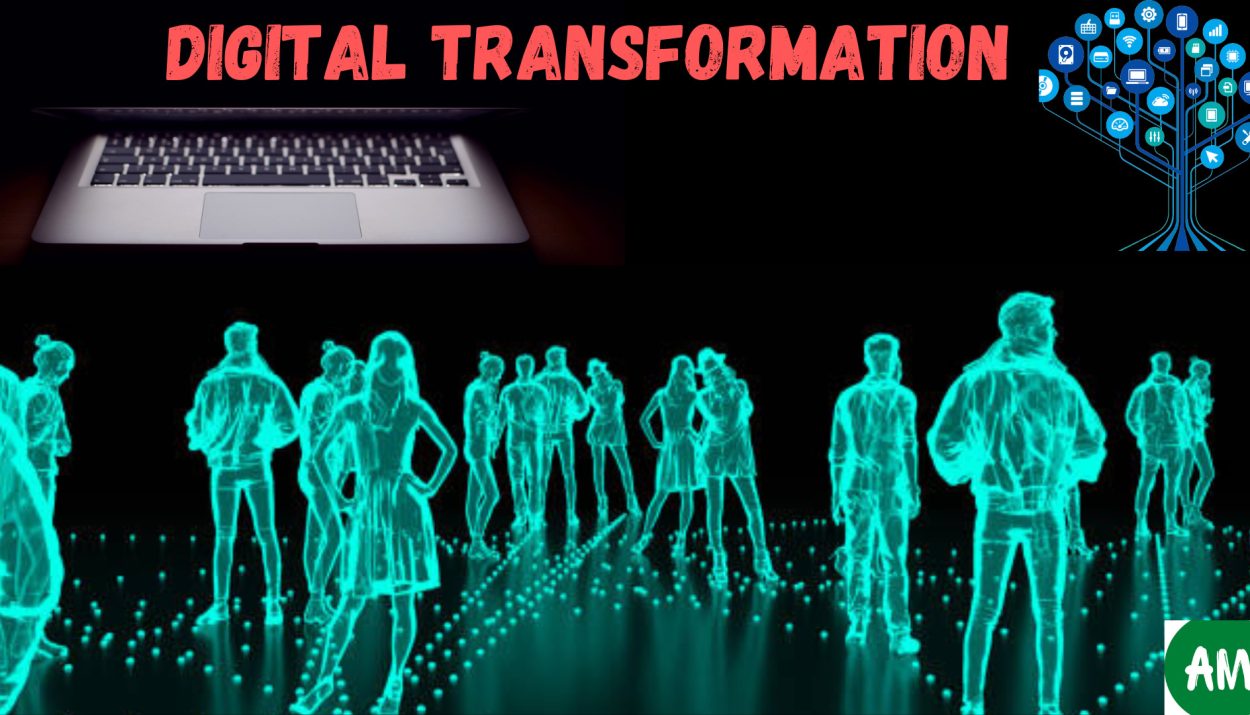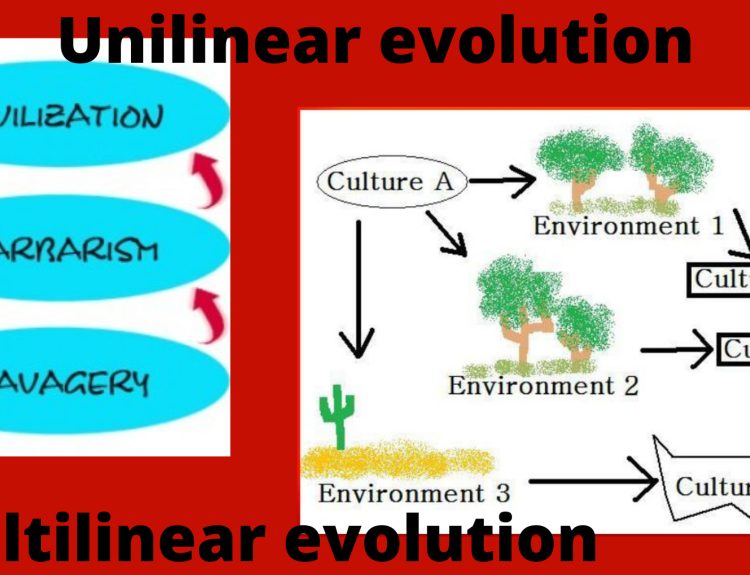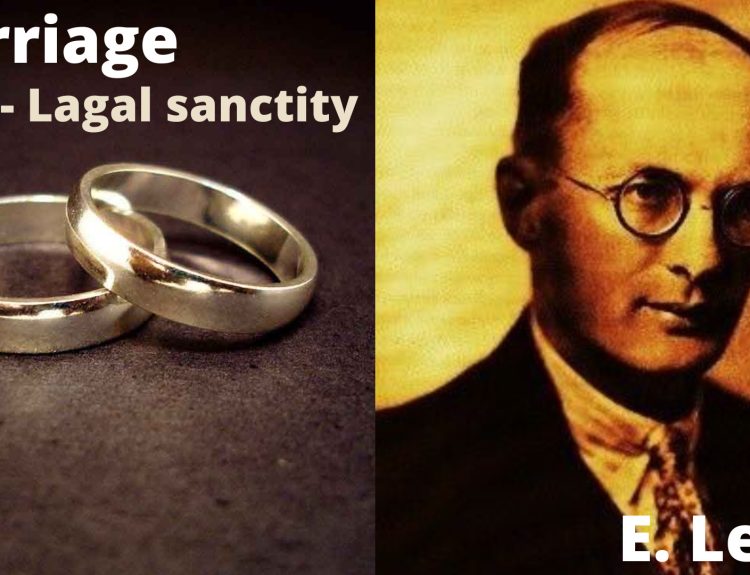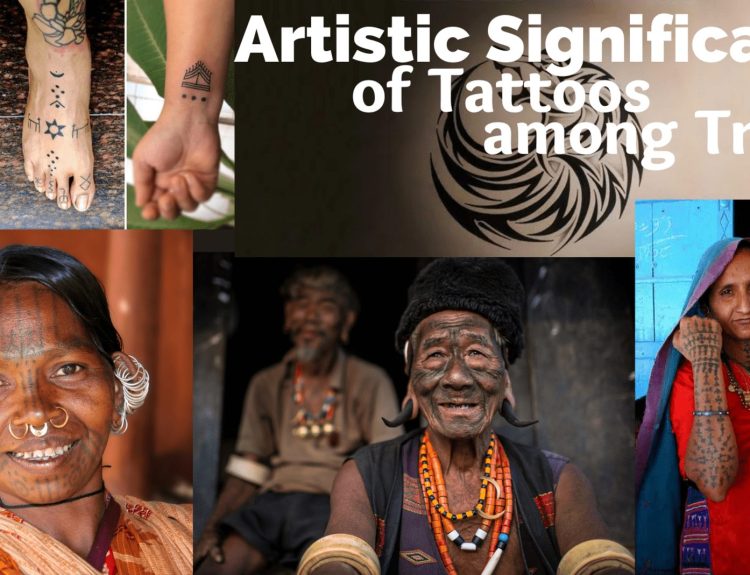Our jobs are changing creating various challenges for the future. The future of work depends on digital literacy. A lot of jobs are replaced by technology. Machines are replacing manual jobs. There is a need for the right training for the present generation to work with the advancing technology.
Change is significant for everyone. Not only the digital world is changing but also society. Who will survive and who will perish from this change? Upskilling means making ourselves relevant for the future. It brings continuous improvement. Technology has taken a lot of mundane of our everyday work.
Digital knowledge is important as there is no place where there is no use of digital technology. Every field requires the use of digital technology and to be part of this world everyone should know digital literacy.
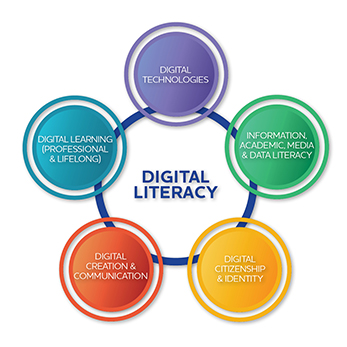
Digital advancement is impacting the traditional education system. Students need to have digital literacy along with their qualifications and degree. The world is very competitive. To survive, one should prepare in all aspects.
90% of the jobs require ICT (Information and Communication Technology) skills. Getting a job is very tough these days. Having digital literacy is a plus point in anyone’s career. It is essential for employability.
Works are submitted online and feedback is given electronically. There are various online platforms where one can communicate with the world. With all these changes we should learn the importance of the digital world, its authenticity and its validity.
We need to be aware of online fraud. These days digital literacy became an important part of our culture. We need to be confident to guide our future generation in all aspects of digital technology. The rate of growth in the new technology area is faster than in traditional technology.
Social risks of ignoring the technological challenges-
- Rise of inequality
- Harm economy
- Social unrest
- Difficult to survive in the future
- Digital divide
- Career growth
Digital Ethics
Ethics are beliefs, principles, moral codes and right assumptions. Digital Ethics means what is right and wrong in the digital world.
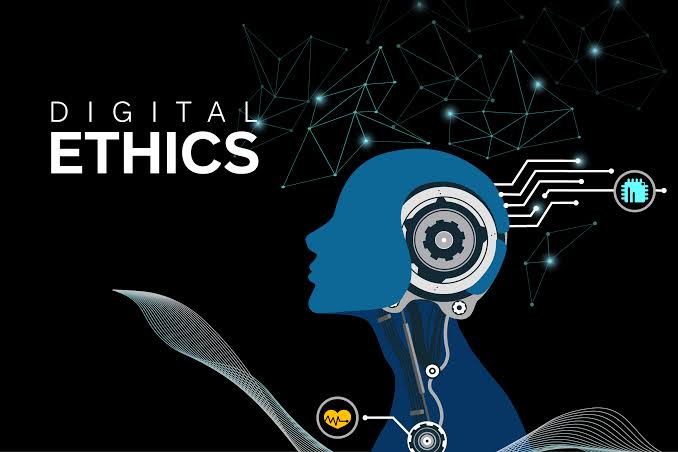
Digital ethics may be defined as how Google is using your data? How Facebook is using your data? How people are reacting on online platforms? How people are using online media? Locating someone through an online platform is creepy or it is ok? Is it ethical or unethical? It depends on one’s motive.
Conclusion
There is a need for bridging the digital divide. People should be open to upskilling themselves. They should be open to learning. If they won’t interested in digital literacy they will leave society behind. It is an investment in the near future. Everybody is going to be affected by this digital transformation.
Therefore there is a need for a better strategy to make people aware of the importance of digital literacy. There is a need of motivating people to opt into the opportunities of digital literacy for a fruitful future.
With the changing world in terms of technology, now’s the time to build a movement to address the issue of digital literacy or upskilling.
Read more-
Language, Brain and Culture Interaction
- Lamarck’s Theory of Evolution
- Bipedalism and Structural Changes
- Natufian Culture
- Cache of ancient coins dating back 100,000 years unearthed in Japan
- James George Frazer


